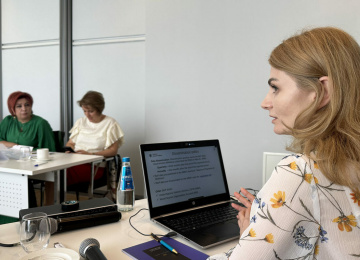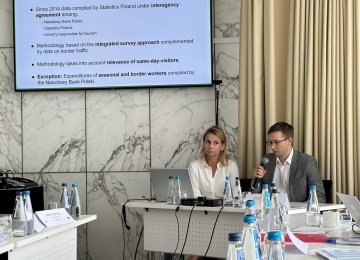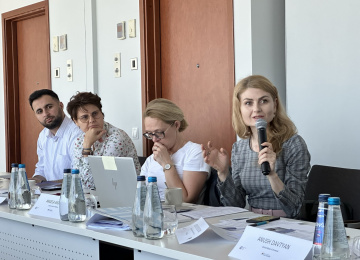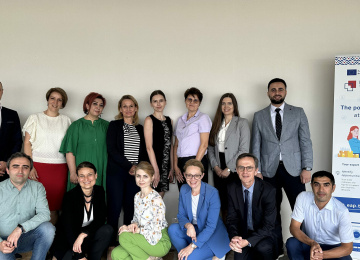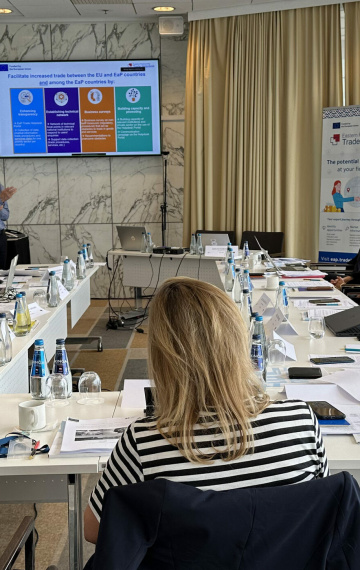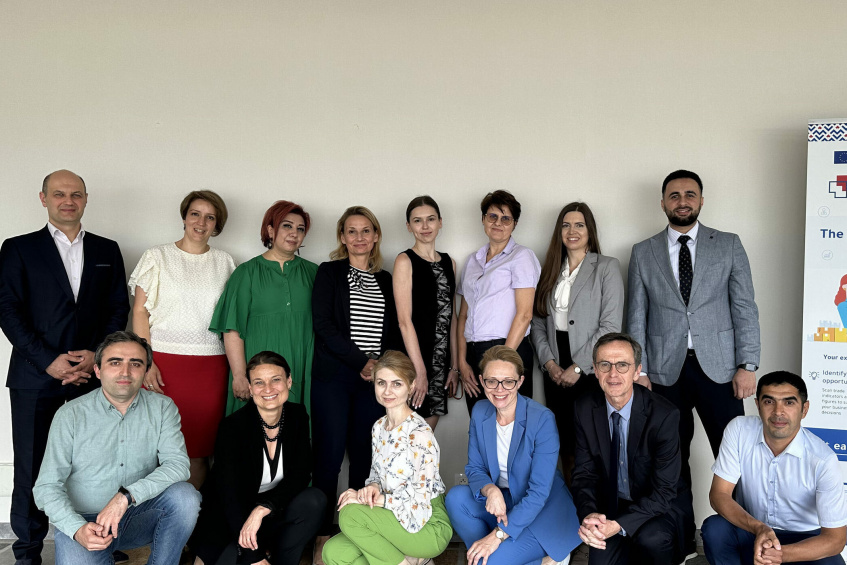
Imagine having precise, detailed, and reliable trade in services data to inform your analyses and decisions. While the European Union extensively reports bilateral trade in services, the same is not the case for the Eastern Partnership (EaP) region, which includes Armenia, Georgia, Moldova, Ukraine, and Azerbaijan. Globally, only 45 countries publish trade in services data broken down by partner country.
To address this gap amongst other issues, the ITC launched the Eastern Partnership Trade Helpdesk in 2019 with EU funding, a five-year project that includes a focus on trade in services data management. The onset of the COVID-19 pandemic and the conflict in Ukraine presented unprecedented challenges for businesses and data compilers in trade and data collection.
The Eastern Partnership’s trade in services data component emerged as a critical intervention, offering solutions and support during these turbulent times. In some countries, objectives had to be re-evaluated due to a lack of resources. Taking recommended actions, such as surveys of individuals or companies, proved impossible due to unfavourable circumstances.

For example, the National Bank of Moldova had prioritized the travel sector. "The selection was a logical consequence of the assessment report produced by ITC," explained Angela Moraru, Head of the Balance of Payments Compilation Section at NBM. "For other key sectors of Moldovan trade, such as computer services, we already produce data broken down by partner country. However, this breakdown was not available for travel."
This data is typically provided by traveller surveys. Due to the war in Ukraine and the unstable situation in Moldova's border regions, organizing such a survey was not feasible.
Similarly, compilers in Ukraine faced unprecedented difficulties in collecting travel statistics due to a lack of reliable resources and issues related to the treatment of refugees. Trade in services, as defined for balance of payments purposes, includes transactions between residents and non-residents.
Many countries hosting refugees consider them residents after one year of stay, while others, like Germany, treat them as residents upon entering the social system. The National Bank of Poland conducts surveys to understand refugees' intentions to stay. The resident or non-resident status of refugees then determines whether their expenditures are included in travel exports and imports.
To address these difficulties and provide a platform for exchanging views and best practices, ITC organized a Regional Workshop on Trade in Services Data Compilation in EaP Countries, held in Warsaw on 24-25 June. This workshop aimed to wrap up the current EaP Trade Helpdesk project, allowing national data compilers in EaP countries to share advancements and discuss persistent issues related to data production in priority sectors. It provided an opportunity for data compilers to connect, benefit from each other's expertise, and continue exchanging best practices.
Moreover, three EaP countries have obtained EU candidate status, which imposes more requirements on the quality and detail of published data in line with EU regulations.
"Implementation of EU regulations regarding statistics on international trade in services includes creating indicators by types of supply and enterprise characteristics," noted Olha Antonova, Head of Division for Foreign Economic Investment Statistics of State Statistics Service of Ukraine. To date, no EaP country produces this type of data.
During the two-day workshop, participants discussed trade in services surveys and alternative data sources, particularly for travel, construction, and transport services.

The EaP Trade Helpdesk is an EU-funded project under EU4Business initiative, designed and implemented by the International Trade Centre (ITC) to boost trade competitiveness of the micro, small and medium enterprises (MSMEs) of the Eastern Partnership countries within the region and the European Union (EU).






